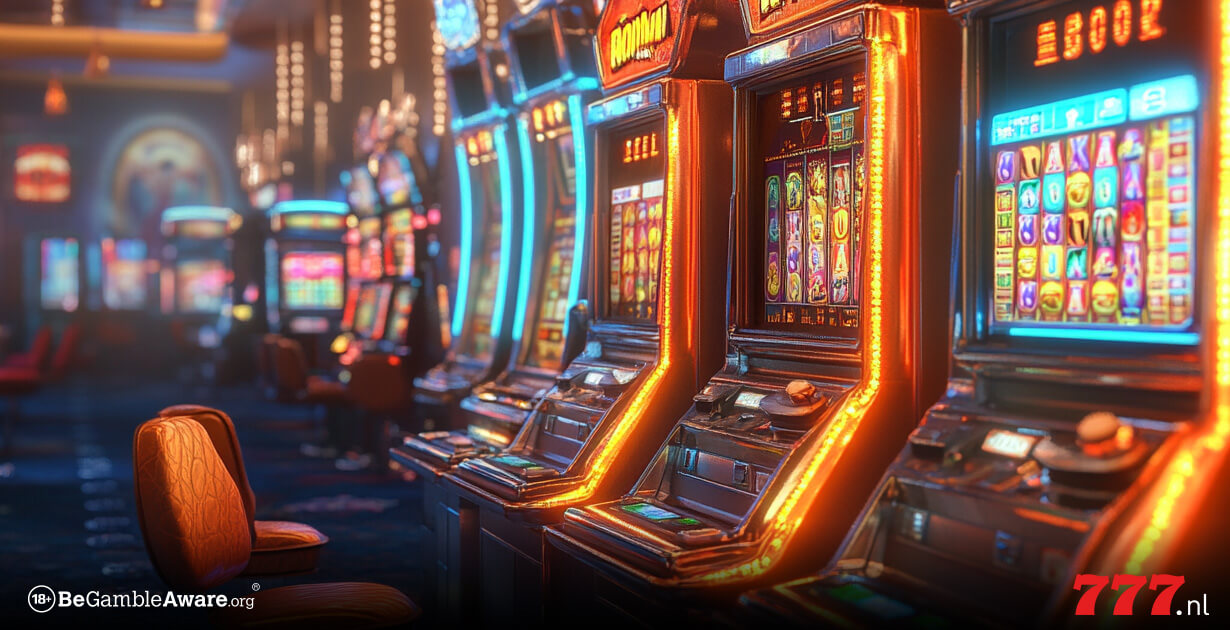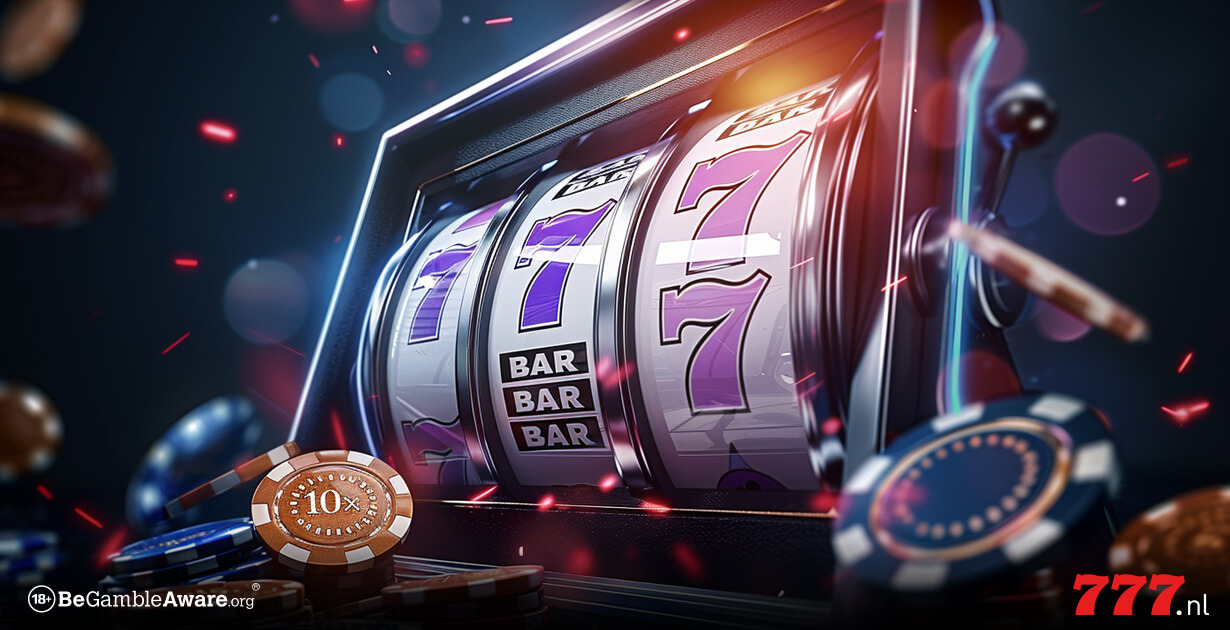Welcome to Casino777.nl! Today, we delve deep into the fascinating world of slot machines and uncover the psychology behind playing these popular casino games. Whether you are a seasoned player or just starting out, the insights we share will enhance your understanding of slot machines and their allure.
The Influence of Slot Machines on Player Behaviour
Anticipation and Adrenaline
Slot machines are designed to create a sense of anticipation and excitement, leading to an adrenaline rush for players. The visual and auditory stimuli used in these games evoke excitement and engagement, significantly influencing player behaviour. The unpredictable nature of slot machine outcomes elicits strong emotional responses, impacting the decision-making process of players through positive reinforcement.
Psychological Impact of Winning and Losing
Winning at slot machines can reinforce positive emotions and cognitive biases in players. On the other hand, experiencing losses can lead to negative reinforcement and cognitive distortions, affecting the overall psychological well-being of players. These experiences significantly influence player motivation and can shape their future gambling behaviour. The probability of winning and losing at slot machines plays a crucial role in determining player enjoyment, which is an essential aspect of understanding casino psychology and the psychology of gaming.
Cognitive Dissonance – The Psychological Phenomenon That Helps Us Gamble
Cognitive dissonance is a psychological phenomenon where players dissociate from the knowledge that they will likely lose money while playing gambling games. Every licensed slot machine, in a physical casino or online, has a Return to Player (RTP) percentage that players can easily access. This tells players on average how much money they can expect to lose for every 100 euros they wager. Despite this evidence, people continue playing, similar to how smokers continue their habit despite known risks.
Dopamine – The Brain’s Reward System
When we do something our primitive brain perceives as good or beneficial, such as eating, procreating, and exercising, a neurotransmitter called dopamine is released in our brains. This chemical messenger is associated with pleasure and when released, we can experience a sense of euphoria. Video games and especially slot machines are designed to deliver great highs and waves of euphoria to players. Because money is at stake, the risks are high, so when a win occurs, a huge amount of dopamine is released in the player’s brain.
Interactive Controls – Increasing Sense of Control
Humans love certainty in life, and slot machines tap into this human desire for more control, despite the slots themselves being inherently uncertain. Psychologists have found that buttons, even on the simplest objects, give people a sense of control, especially when pressing them triggers a pre-programmed, visually appealing outcome. Every time you press the ‘spin’ button on a physical slot machine or an online slot, you are taking control in a way your brain perceives as positive.
Visual and Auditory Cues – Creating Memories
You’re unlikely to vividly remember a small win on a scratch card or lottery ticket unless it was a significant amount. This is because the process of buying a scratch card or lottery ticket and collecting your winnings is relatively mundane. With slot machines, it’s different. The sounds and visual effects that accompany a win on a slot machine are much more vibrant and attractive. Wins on a slot machine are often followed by the sound of coins falling, flashing dollar signs on the screen, and a series of blinking lights on the machine itself. This makes a win on a slot machine an intense, memorable experience.
When these wins are etched in your memory, your dopamine reward system is more likely to be activated whenever you think of slot machines. This helps keep even the most casual gamblers interested in slots, possibly for years after their first spin.
Conclusion
The allure of slot machines lies deep within our brains and psyche. The anticipation and excitement, the dopamine reward system, the sense of control, and the vivid memories created by visual and auditory cues all play a role in why we keep coming back to these games. At Casino777.nl, we understand this psychology and offer a wide range of slot machines that cater to these human tendencies. Always remember to play responsibly and enjoy the experience that slot machines have to offer!
Frequently Asked Questions about the Psychology of Playing Slot Machines
1. What is the effect of dopamine when playing slot machines?
Dopamine is a neurotransmitter released in the brain when we do something perceived as pleasurable, such as winning at slot machines. The euphoria caused by dopamine motivates players to continue playing, even when losing, as they seek that next dopamine rush.
2. Why do people keep playing despite knowing they will, on average, lose more than they win?
This phenomenon is known as cognitive dissonance. Players often know the chances of losing more money than winning are high, but they ignore this information because the excitement and the possibility of a big win outweigh the rational understanding of loss. The hope of a large win makes the risks worthwhile.
3. How do visual and auditory stimuli affect gambler behaviour?
Visual and auditory stimuli, such as flashing lights and the sounds of falling coins, create an intensely pleasurable and memorable experience when players win. These stimuli reinforce the memory of wins and activate the brain’s dopamine reward system, motivating players to keep coming back to slot machines.
4. What is the importance of interactive controls on slot machines?
Interactive controls, such as the ‘spin’ button, give players a sense of control despite the inherent uncertainty of slot machines. Each time a player presses the button and sees the reels spin, dopamine is released, contributing to a positive feedback loop that encourages continued play.
5. How can experiencing losses at slot machines affect player behaviour?
Losses at slot machines can lead to negative reinforcement and cognitive distortions, affecting players’ psychological well-being. These negative experiences can motivate players to gamble more in an attempt to recoup their losses, which can contribute to problem gambling behaviour.




